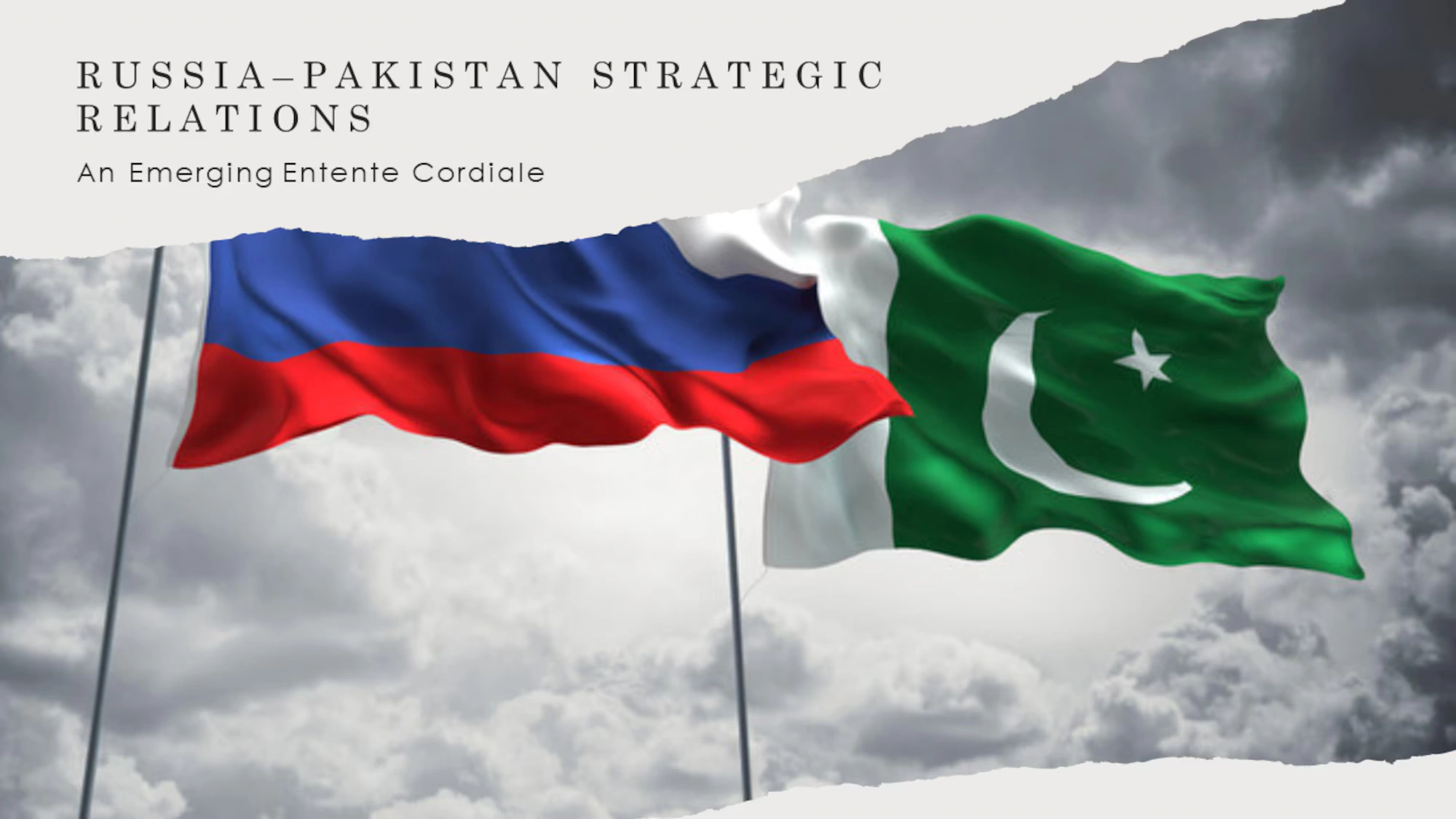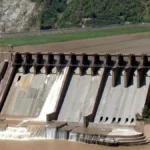The race between world powers to secure several interests has been there since time immemorial and it is not slowing down. Although the aims are the same, increasing power, influence, and access to the essential resources, necessities, and priorities change over the years. Access to the warm waters is one of the oldest geopolitical ambitions of the centuries and in the case of Russia, this has always been the pursuit. These objectives saw the formation of many conflicts and alliances in the 20th century. The United States and Western powers did not spare an effort trying to deny the Soviet Union a chance to extend its influence all the way to the Indian Ocean during the Cold War. The epicentre of this struggle was in Afghanistan and Pakistan, by virtue of its geographical situation, was in the centre stage.
Pakistan as a Strategic Pawn
Pakistan was front line state during the eighties in the fight by the West against Soviet expansion. Pakistan served as an intermediary between the western countries and the Afghan Mujahideen in providing arms and financial aid under the guiding power of General Zia-ul-Haq. Although this action was effective in bleeding the Soviet Union and ultimately forcing the troop out of the region of Afghanistan, it did not come without a major cost to Pakistan. The nation lost thousands of lives and billions of dollars of economic losses. Moreover, the war has created the long-term instability on the region such as formation of refugees, the emergence of militancy, and overall creating a lasting security dilemma to Pakistan already.
Nevertheless, at the global level, the geopolitical relevance of Pakistan was proven. But this was not seen and with the fall of the Cold War and change of priorities globally, Pakistan was left outside in the larger economic and strategic discussions. In this way, the evolving dynamics of the global politics reflecting a new orientation toward economic cooperation and regional integration provide Pakistan with a new chance, this time, not as a follower in the game of interests, but as the strategic player in the context of regional connectivity and trade.
A Shift Toward Economic Integration
The wars over the territory are a phrase of the past and present about is the rivalry over markets, trade routes, and influence on economy. Pakistan is aware of this change and is aggressively trying to convert its strategic geography into a growth factor in the economy. One of the important milestones to this end is the recent chat between the Pakistani and the Russian in the Shanghai Cooperation Organization (SCO) summit. Talks between Pakistan Minister of Communications, Abdul Aleem Khan and the Russian Deputy Minister of Transport to develop a road/railway network connecting Russia, Central Asia, and Pakistan were thorough.
It is an attempt to make the landlocked countries in Central Asia and Russia to have a direct access to the warm waters (that is the Arabian Sea via the ports of Pakistan). There is an overwhelming number of advantages with such a route. Besides cutting transportation expenses and the time of goods, it would also enable a more diversified and robust trade corridor that does not use classical chokepoints.
Building the Infrastructure of Tomorrow
Abdul Aleem Khan, the Minister of Pakistan, stated that the country is willing to upgrade its transport infrastructure. He has emphasized the fact that digitization and CCTV monitoring systems are being introduced through highways and not only has it made work more efficient but also increase the level of security. These will upgrade, are of essence in making any trade routes proposed operational besides being safe and dependable.
In addition to this new connectivity thrust comes on the back of the China Pakistan Economic Corridor (CPEC) which has already put Pakistan on a high pedestal regarding infrastructure development. Proposed rail connections with Russia and Central Asia can be viewed as add-ons to the CPEC vision to make Pakistan the centre point of a network of trade corridors that can link East Asia, Central Asia, the Middle East and beyond.
A Strategic Win for All Stakeholders
What is being planned as the Pak-Russia route is not merely several roads and rail lines. It realizes an important geopolitical transition — Pakistan changing status as a buffer state to a bridge state. This corridor will provide long-awaited access to the sea in Russia and central Asia too. Pakistan, it gives access to huge new markets as well as transit revenues. And as far as the larger region is concerned it presents the possibility of greater cooperation and interdependence in economics, which can act as a roadblock to war.
This change is particularly relevant in an era whereby the world order is turning out to be increasingly multipolar. With the influence of the western powers being spread thin, and China, Russia and regional interests establishing themselves, such platforms as the SCO take centre stage in both diplomatic and economic strategy.
Pakistan is getting a chance through its engagements as well as initiative in these reforms to adjust its foreign policy where trade, connectivity, and mutual development are central to the strategic vision.
Pakistan’s Economic Renaissance Through Trade
The realization of Pakistan as a transit hub of the regional trade is not only a strategic agenda but also inevitably an economic necessity. Pakistan has a crippled economy, rampant inflation and an increasing debt, and the country needs to boost its exports, build up foreign investment and create jobs. One of the ways to achieve these is through establishing strong trade corridors by converting geographic location into economic activity.
Moreover, land routes are not only trading carriers. They foster cultural exchange, tourism and diplomatic relations as well. Areas of so-called peripheries can be drawn into the national and international economic scenarios through the establishment of an improved infrastructure and cross-border cooperation, making them less susceptible to inequality and contributing to their development.
Even as Pak-Russia route harbours enormous prospects, obstacles still exist. All these can be perceived as barriers i.e. political instability, regional security concerns as well as bureaucracy red tape. More so, the project will face success because it will require continuous dedication by all parties involved as well as well-defined policy guidelines and high investments. The technical and financial aid can be made through international financial institutions, and development banks who can be the key players to making this vision happen.
The era of war-related alliances is coming to an end; a new era is the era of trade-oriented relationships. Construction of land routes between Pakistan, Russia, and Central Asia is an important step and not only in the foreign policy of Pakistan but in its economical fate as well. When done with foresight and care, this project would help make Pakistan a point of entry into the region and a pivot in the new trade order of the world.








